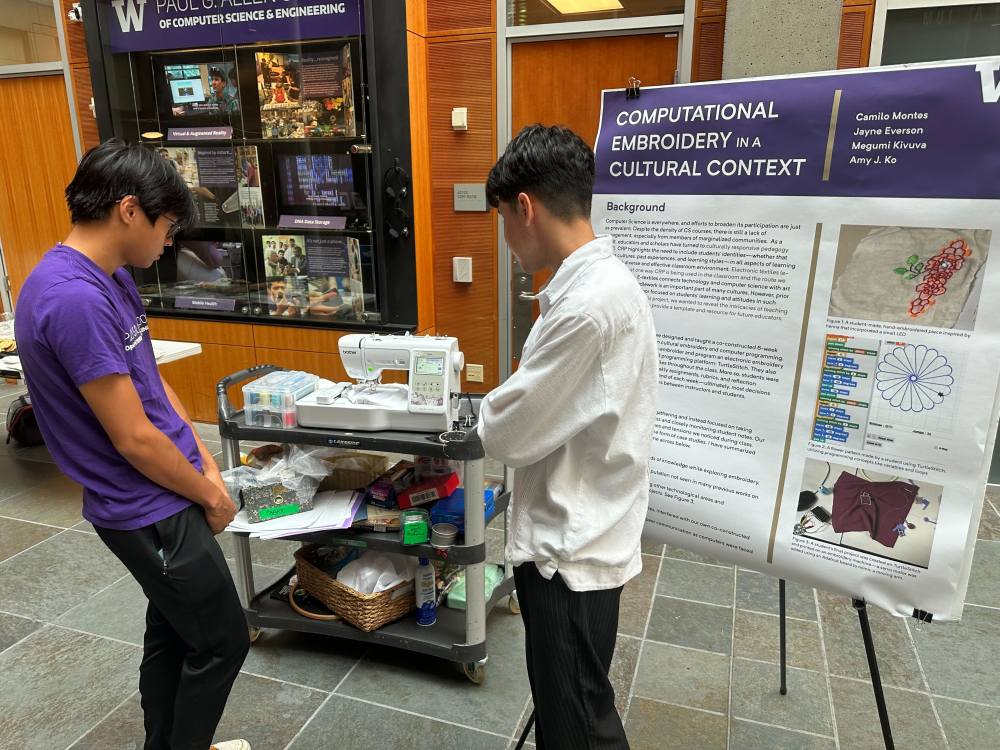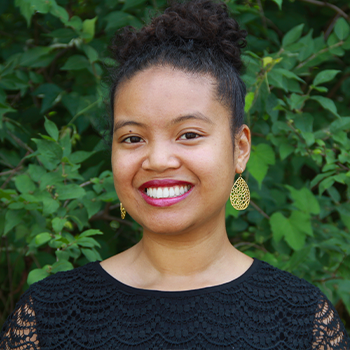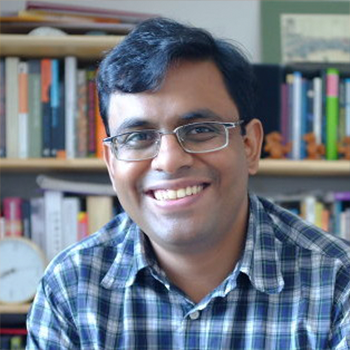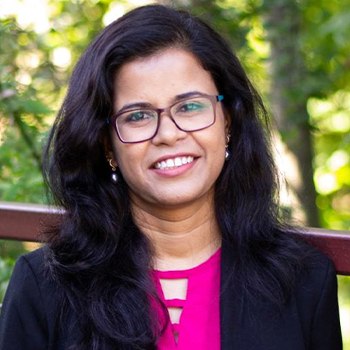Leah Pistorius
June 25, 2024

Now more than ever, human-centered researchers, developers, and designers are needed in the computing workforce. With growing concerns about how technology intersects with and even governs modern life, we need experts who can design technology that enhances human cognition and agency while preserving human ethics and human rights.
Thanks to a new grant from the National Science Foundation, UW's Design Use Build (DUB) group, a grassroots alliance of researchers and practitioners interested in Human Computer Interaction & Design at the University of Washington, is expanding opportunities for undergraduate students to do human-centered computing research by establishing a new Research Experience for Undergraduates (REU) Site.
Human-centered computing emphasizes designing and evaluating the impacts of software and hardware on real people. By engaging in research along with their traditional coursework, students develop as independent thinkers and can apply what they’ve learned to complex and innovative real-world problems.

A research project on computational embroidery presented at the DUB REU 2023 Final Project Showcase.
The REU Site builds upon UW's existing DUB Summer REU program. Since its inception in 2019, the DUB Summer REU program has supported 38 students with 14 participating faculty across the Paul G. Allen School of Computer Science & Engineering, the Information School, and the Department of Human Centered Design & Engineering. The new Site will be able to grow the summer program from supporting 10 students per year to up to 25 each year.
Working directly with faculty mentors, DUB REU students will gain a broader understanding of human-centered computing research, gain real-world experience applying human-centered and design methodology to challenging research problems, and develop their technical communication, project management, critical thinking, and independent research skills. The REU Site will allow UW to provide a consistent experience that encourages retention in human-centered computing research and supports a wider range of students from groups often marginalized in computing fields.
The DUB REU Site will be led by Leilani Battle, an assistant professor in the Paul G. Allen School of Computer Science & Engineering; Sayamindu Dasgupta, an assistant professor in Human Centered Design & Engineering; Amy Zhang, an assistant professor in the Paul G. Allen School of Computer Science & Engineering; and Tanu Mitra, an assistant professor in the Information School. They will coordinate student recruitment, match students with faculty mentors, organize weekly career development seminars, support students in cultivating professional contacts across the DUB community, and oversee the cohesive learning experience.
In addition to collaborating on activities with other REU students, students will pursue individual research projects. Potential projects for REU students span a range of domains, including AI, machine learning, data science, accessibility, security and privacy, software engineering, databases, robotics, and fabrication. REU students may work on projects such as: interviewing developers on how they build high-quality software and developing corresponding frameworks for measuring code quality; reviewing literature on how the general public reasons about algorithms so algorithm designers can make them more intuitive; building guardrails around large language models so they can be used for fact-checked content generation; measuring changes in perceived text quality given the disclosure of AI involvement in its generation; and designing programmable media for youth to address structural forms of exclusion such as accessibility, language fluency, and neurodiversity. At the end of their summer experience, students will deliver presentations about their research projects at an event open to the full DUB community.
Recruiting for the program’s Summer 2025 edition will begin in Winter 2024. Applications will be accepted from undergraduate students across the United States who would like to conduct human-centered computing research, regardless of their major, on topics ranging from accessibility, to fabrication, to health, to robotics, and more. Additional details will be added to the DUB website in Winter 2024.
About the REU Site Leadership

Principal Investigator
Leilani Battle
Associate Professor, Paul G. Allen School of Computer Science & Engineering
Professor Battle co-leads the UW Interactive Data Lab and is a member of the UW Database Group, where she works with students at the intersection of data management, human-computer interaction, and data visualization research.

Co-Principal Investigator
Sayamindu Dasgupta
Assistant Professor, Human Centered Design & Engineering
Professor Dasgupta leads the Learning, Epistemology, and Design Lab at UW, where he works with students to study the design and use of learning technologies and experiences for young people, with a focus on developing and studying ways in which children learn programming and data analysis.

Senior Personnel
Tanu Mitra
Assistant Professor, Information School
Professor Mitra leads the Social Computing and ALgorithmic Experiences (SCALE) Lab, where she works with students to study and build large scale social computing systems to understand and counter problematic information online.

Senior Personnel
Amy Zhang
Assistant Professor, Paul G. Allen School of Computer Science & Engineering
Professor Zhang leads the UW Social Futures Lab, where she works with students on topics related to social computing, societal impacts of technology, and human-computer interaction.